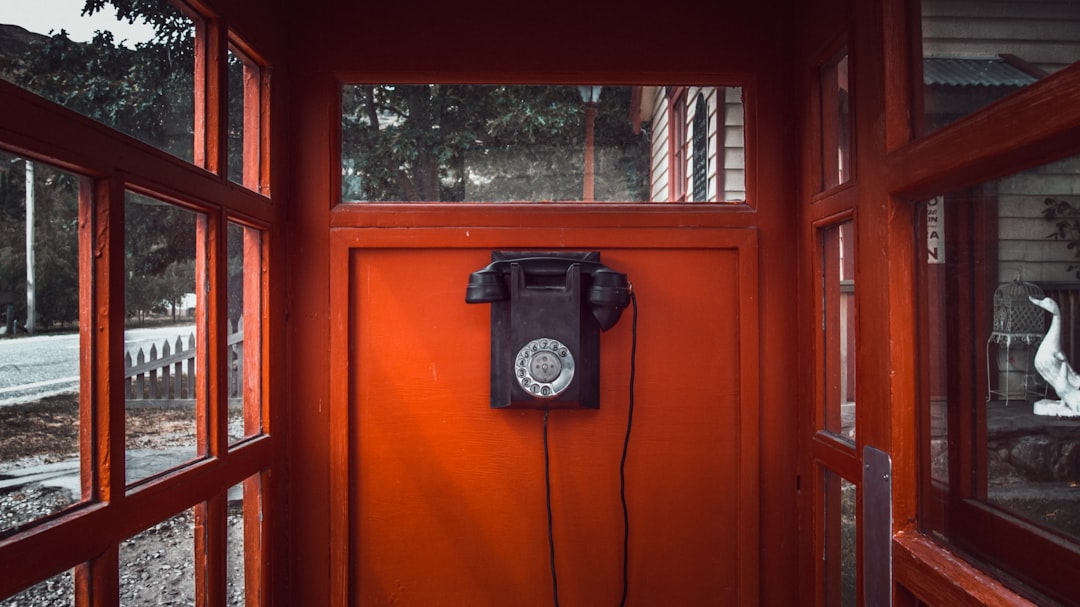Tennessee's "Do Not Call" laws protect residents from unwanted telemarketing, especially by home improvement contractors. Non-compliance can lead to legal consequences for contractors, while adhering to these guidelines fosters trust, fair practices, and a positive home improvement experience. Oakfield contractors must navigate local, state, and federal regulations, including those against unsolicited phone calls, to avoid fines and damage their reputation. Legal experts specializing in consumer protection laws, particularly "Do Not Call" regulations, are vital for ensuring compliance and protecting both contractor rights and consumer privacy.
In the bustling home improvement industry, navigating regulatory compliance is non-negotiable. Oakfield residents often wonder: do I need to involve Do Not Call attorneys in Tennessee for contractors? This article demystifies compliance laws and highlights their relevance for local contractors. We’ll explore how these regulations protect consumers, the contractor’s role in adhering to them, and practical steps to ensure compliance. Additionally, we’ll discuss potential consequences of non-compliance and when seeking legal counsel from Do Not Call attorneys in Tennessee is advisable.
Understanding Do Not Call Laws in Tennessee

In Tennessee, the Do Not Call laws are designed to protect residents from unwanted telemarketing calls. Home improvement contractors must be aware of these regulations, especially when reaching out to potential clients. The state has specific rules in place to ensure consumers’ privacy and reduce nuisance calls.
Do Not Call attorneys in Tennessee play a vital role in ensuring compliance with these laws. Contractors who fail to adhere to the guidelines risk facing legal consequences. By understanding and respecting the Do Not Call list, contractors can avoid unnecessary disputes and maintain a positive relationship with their community. This not only fosters trust but also promotes fair business practices, ensuring everyone involved benefits from a hassle-free home improvement experience.
The Role of Compliance for Home Improvement Contractors

For Oakfield’s home improvement contractors, navigating compliance is non-negotiable. It’s a vital aspect of their operation that goes beyond mere legal obligation; it safeguards consumer rights and ensures fair business practices. Compliance involves adhering to local, state, and federal regulations related to everything from licensing and insurance requirements to marketing and sales tactics. By staying compliant, contractors protect themselves from potential legal repercussions and build trust with clients.
In Tennessee, “Do not call attorneys” laws are in place to prevent aggressive sales tactics and give consumers control over their communication with businesses. Home improvement contractors must respect these regulations, ensuring they obtain informed consent before contacting prospective clients. Compliance isn’t just about avoiding penalties; it’s about fostering a positive reputation, maintaining customer satisfaction, and contributing to a transparent marketplace within the home improvement industry in Oakfield and beyond.
How to Ensure Oakfield Contractors Comply with Regulations

Ensuring compliance among Oakfield’s home improvement contractors is paramount for a seamless and safe construction process. A key strategy is to educate contractors about local regulations, particularly those related to consumer protection and licensing. Many states, including Tennessee, have strict laws prohibiting unsolicited phone calls, commonly known as “Do Not Call” lists. Homeowners in Oakfield should be aware that they can face legal repercussions if they make telephone marketing calls to people on these lists.
To maintain compliance, contractors should regularly update their knowledge of local and state regulations. This involves staying informed about any changes in licensing requirements, work permit procedures, and consumer rights. Additionally, implementing robust internal policies and training sessions for staff can help ensure that everyone involved adheres to the rules, fostering a culture of ethical business practices and avoiding potential legal issues, such as those that might arise from engaging with Do not call attorneys Tennessee.
Consequences of Non-Compliance and When to Involve Legal Experts

The consequences of non-compliance with Do Not Call regulations can be severe for Oakfield’s home improvement contractors. Fines and penalties are common, but more importantly, it damages the contractor’s reputation and trustworthiness in the eyes of potential customers. In Tennessee, businesses found to have made unauthorized calls face substantial monetary penalties, which can significantly impact small contractors.
If a contractor continues to make unsolicited phone calls despite being notified or faces repeated complaints, it may be necessary to involve legal experts specializing in consumer protection laws, especially when it comes to “Do Not Call” regulations. These professionals can ensure that the proper procedures are followed and help protect both the contractor’s rights and the privacy of consumers in Tennessee. They can also guide contractors on how to avoid future violations and maintain compliance.






